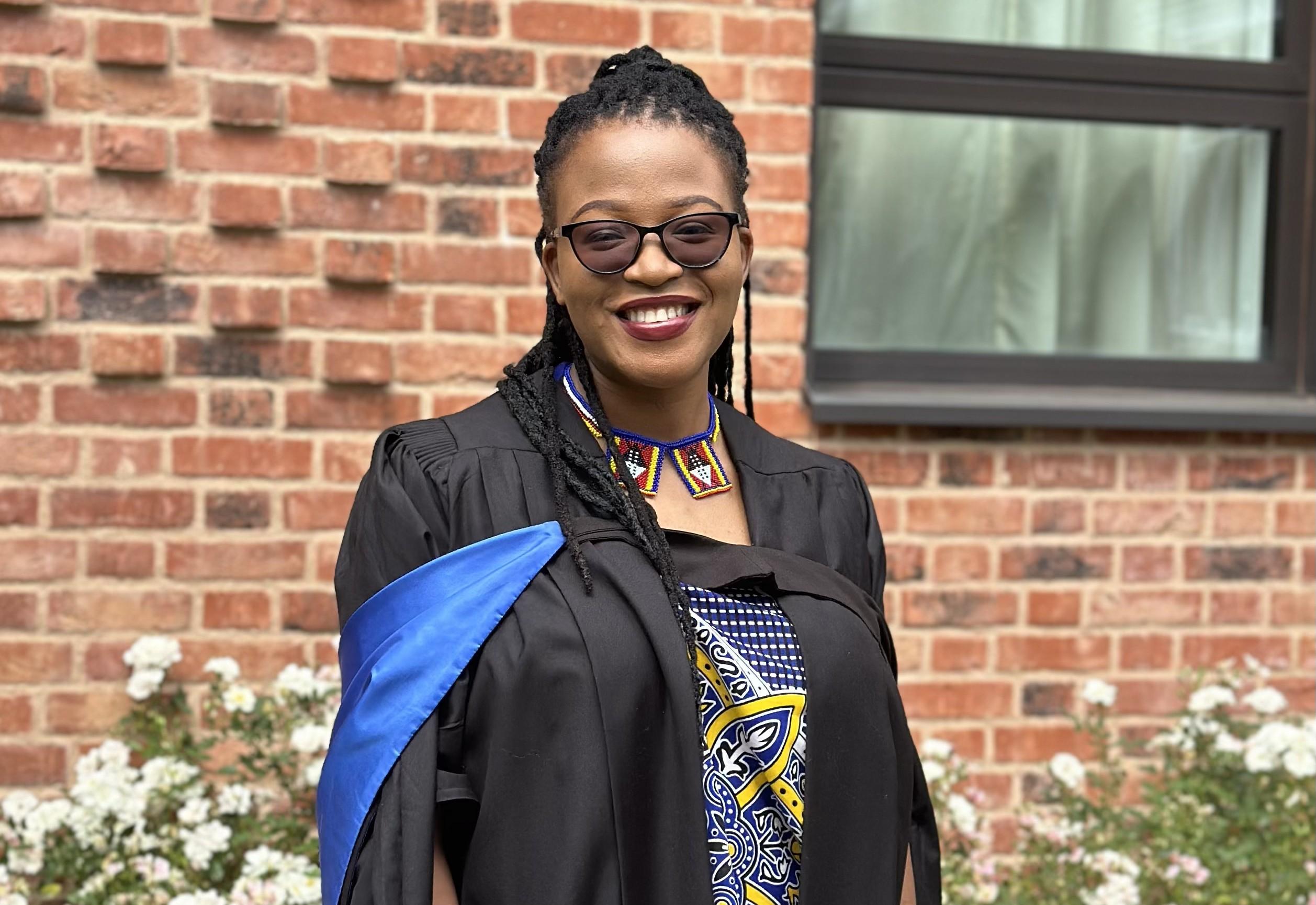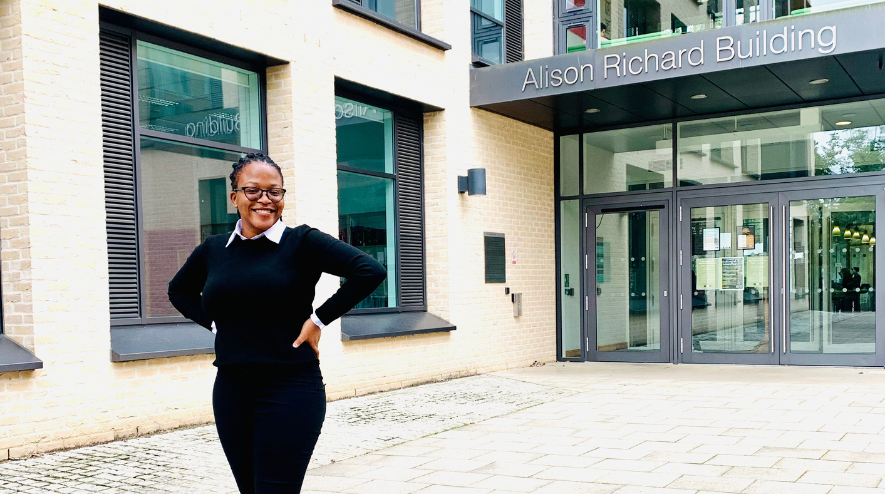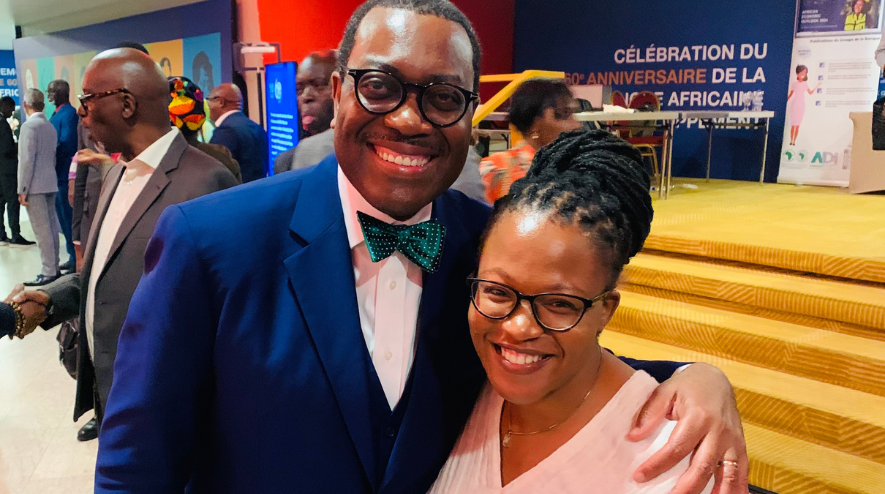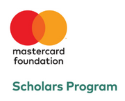
Submitted by Anonymous on Mon, 07/04/2025 - 09:21
Even though I did not know the academic term, I was always convinced that human prosperity was not just about the individual, but largely about the system within which they operate. For as long as I can remember, I've wanted to help create systems that allow people to thrive.
After graduating from Cambridge last year with an MPhil in Development Studies, I'm now putting what I learnt into practice, working with the African Development Bank's Human Capital, Youth and Skills Development Department in Nairobi.
Here, I share my journey so far and why, as the first Mastercard Foundation Scholar in Cambridge from Eswatini, I feel a responsibility to help others access such opportunities.
Ethiopia: My turning point
When I reached the last grade in primary school, I felt like a fully-fledged teacher. I turned our living room into a classroom and gathered younger children around my home to help them with subjects they were struggling with. I was convinced that their school performance was not entirely up to them, but something about the education system wasn’t meeting their needs.
From then on, I always knew that whatever I do must be to create systems that provide them with the resources and space for them to excel, but I could not put my finger on what course could potentially lead me there. I didn’t particularly enjoy social sciences so I thought I would just try to be a finance guru.
It was not until I worked in the Sidama region of Ethiopia with a private sector company that my outlook changed. The company was, of course, in the quest for profit but was also making an impact in improving livelihoods, transferring digital skills and giving access to seed capital.
That project made me realise that development and profit could co-exist. I could still be in finance without abandoning my childhood dream of impacting systems. I realised I could apply for development studies courses even without a social science background. The MPhil in Development Studies at the University of Cambridge caught my eye and I applied for the course twice before I was accepted.
Cambridge: My warm surprise
Cambridge was a beautiful surprise to me. I thought I would be expected to know everything and succeed entirely on my own. But there, I was in a space that provided so much support. From my College Tutor to my dissertation supervisor and my friends, I was not afraid to try out new things. I also thought my course would teach me everything I needed to know about development, but the course coordinator rightly pointed out that the course was to teach me “how” to learn compared to “what” to learn.
Throughout my education, school and learning existed in English and life happened in SiSwati. For the first time, I was able to merge my lived experiences and theory. I remember writing an essay on food insecurity. I leveraged my experience in Ethiopia and juxtaposed it with the situation in America to prove that food shortage is a global challenge, despite a country’s economic standing.
Despite its international outlook, I also appreciate how Africa was well-discussed and referenced in my courses. One of the modules that still lingers in my head is the one on Political Economy of Money and Finance. It made me think about the way the world has been categorised as Global North and South and the subjugation under these labels. This challenged me to think about how I would like to contribute to the global development discourse.
Simiso outside the Alison Richard Building which houses the Department of Politics and International Studies
African Development Bank: African-generated solutions for Africans
It was for that reason that the placement pathway was an obvious route for me to take after graduating. It was a chance to return to Africa and contribute my skills towards transforming these development fallacies. With the long-term goal of getting a PhD within the same field, but with uncertainty about the specific subject, I needed a place that would expose me to different contexts and realities.
The African Development Bank (AfDB) felt like the one place that would accord me that exposure. Honestly, when I applied, I doubted that they would even respond to my email. I knew I was shooting a wild shot because the institution already has an internship programme, but there I was requesting a placement which was off-cycle. But I guess proactivity is not deadly and it doesn’t hurt to try.
Also, knowing that I would navigate the placement process with so much support from the Mastercard Foundation Scholars Program at the University of Cambridge allayed most of my concerns. After receiving the offer, I received guidance on the types of questions to ask and how to handle the negotiation process. I also received resettlement and financial support which allowed me to relocate to Abidjan, Côte d’Ivoire and concentrate on my work with ease. I often reminisce, with gratitude, just how difficult trying to get into such an institution would have been without this support.
Simiso with Dr Akinwumi Adesina, President of the African Development Bank Group
While at the AfDB, I have been part of the Human Capital, Youth and Skills Development Department which is the wing of the Bank that aims to increase the productivity and welfare of Africans by investing in education and health. Throughout my time there, I have been able to understand the challenges that young people face in accessing employment and the responsibility that still lies ahead in reforming education systems.
Following my placement, I have been deployed to the Education and Skills Development Division in Nairobi which I am thoroughly enjoying. I truly believe that education is the only tool that creates and widens the door to new realities. Development is incomplete unless we can proudly point to a healthy and educated population.
For me, one of the exciting elements is being part of the Japan Africa Dream Scholarship team where I support scholars through their journey. It feels like the Mastercard Foundation Scholars Program all over again, but coming in as Wallace (Mastercard Foundation Scholars Program at Cambridge Programme Administrator), instead of a student. This has allowed me to pay it forward and extend the same support I received as a Mastercard Foundation Scholar and continuously think about how to make the process more efficient for students.
Being part of this scholarship programme at the AfDB also gives me the space to think about accessibility, especially for students in generally underrepresented countries like Eswatini. I do not take it lightly that I was chosen as the first Mastercard Foundation Scholar in Cambridge from Eswatini.
On one hand, it stands as a constant reminder for any Swazi person that spaces like Cambridge are for people like us as well. On the other hand, it also extends a sense of responsibility to me to find ways to support others in attaining such opportunities, either by knowledge dissemination, supporting students with their applications or even reaching out to institutions. These are all actions I have taken and continue to undertake.
Mastercard Foundation Scholars Program: My confidence in a bright future
As I look into the future, I would like to continue working in the development space, especially in Africa. The representation of women, especially those of colour is far from being satisfactory, but being part of a department, whose director is a woman, also gives me the space to learn and realise the potential of women in this space.
I think when Africans create solutions for Africa, the impact is undeniable and far-reaching. This is because the solutions are not guesswork informed by theory but originate from a place of empathy, attachment and familiarity, and I want to be part of that movement. Once I have identified an actual gap on the ground, I will return (perhaps to Cambridge) for a PhD.
I am also confident that my future goals are well within reach because I have a supportive community of Mastercard Foundation Scholars, friends, and family. This is not just in Cambridge but in other Universities as well. I would encourage anyone who wants to pursue studies with support that transcends finances to apply to the Mastercard Foundation Scholars Program at the University of Cambridge.



